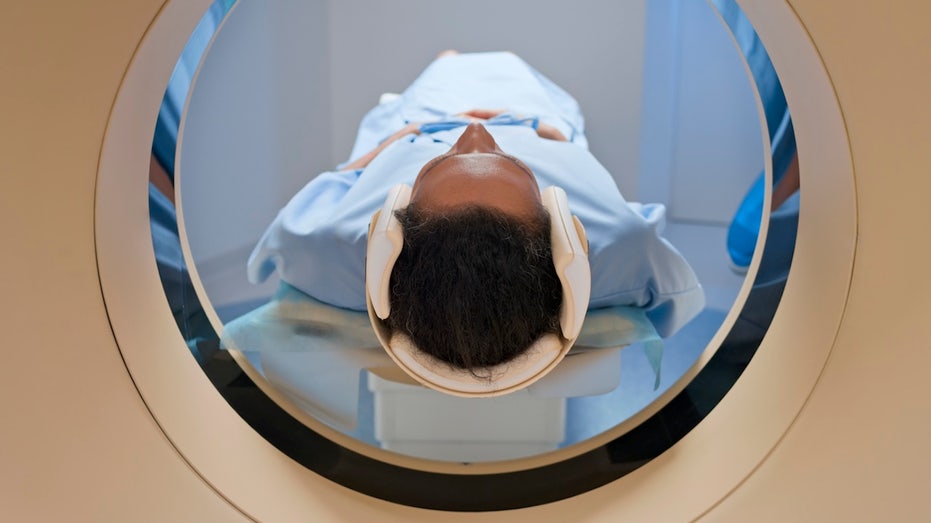Are Full-Body Scans Worth the Money? Doctors Share What You Should Know

Sarah Johnson
March 28, 2025
Brief
Full-body MRI scans are trending due to celebrity endorsements, but experts warn of high costs, questionable benefits, false positives, and limited insurance coverage for healthy individuals.
Full-body MRI scans are having their moment in the spotlight, thanks to endorsements from celebrities like Kim Kardashian and Paris Hilton. But as this high-tech health trend gains traction, doctors are urging a careful look at whether the steep price tag is really worth the supposed benefits.
Dr. Mikhail Varshavski, known as "Dr. Mike," is a New Jersey-based primary care physician and podcaster. He recently discussed the topic with Andrew Lacy, CEO of Prenuvo, one of the leading providers of full-body scans. While Dr. Mike loves the idea of catching diseases early, he remains skeptical about whether Prenuvo scans deliver on their promises. "People want more out of healthcare than we can yet deliver," he noted.
Full-body scans, which use technologies like MRI, CT, or PET, aim to detect early signs of diseases such as cancer and heart disease. Prenuvo’s scan, billed as a "virtual physical," uses MRI to collect extensive health data analyzed by licensed providers who then offer personalized guidance.
However, the cost of these scans—up to $2,500—combined with a lack of insurance coverage for most cases, raises questions. Dr. Mike pointed out that insurers are hesitant due to the lack of documented clinical benefits compared to potential harms, such as false positives and overdiagnosis.
Dr. Brett Osborn, a Florida neurologist, acknowledged the diagnostic potential of MRI technology but emphasized its limitations. "While it’s noninvasive and avoids harmful X-rays, full-body scans often lead to pursuing findings that may not be significant," he explained.
Critics also highlight the mental toll, including anxiety from incidental findings and heightened health-related worries. Dr. Mike expressed particular concern over claims that these scans ease health anxiety, arguing that even a clear scan offers only temporary peace of mind. Research shows that imaging abnormalities are found in 95% of screened subjects, which hardly seems reassuring.
Despite Prenuvo’s claims of detecting early-stage cancers in a small percentage of patients, the FDA has warned that whole-body scans for asymptomatic individuals may cause more harm than good. The American Academy of Family Physicians echoes this stance, advising against scans for tumor detection in healthy patients.
While the concept of proactive healthcare is undeniably appealing, the consensus among experts seems clear: unless you’re at high risk or have specific medical needs, the hype around full-body scans might not justify the hefty investment. For now, it seems that a well-informed conversation with your doctor remains your best preventive tool.
Topics
Editor's Comments
It’s hard not to notice the irony here: a tool marketed as reducing health-related worries actually seems to crank up anxiety levels. Also, the celebrity endorsements feel less like genuine enthusiasm and more like a PR ploy—who’s really benefiting here, the patients or the scan providers?
Like this article? Share it with your friends!
If you find this article interesting, feel free to share it with your friends!
Thank you for your support! Sharing is the greatest encouragement for us.



